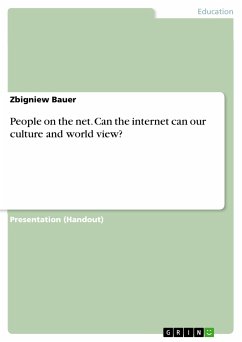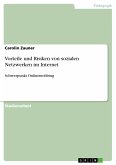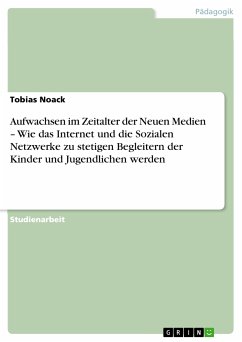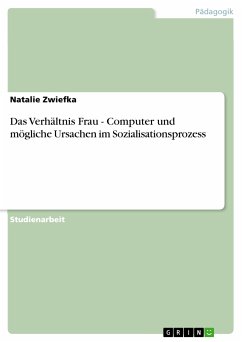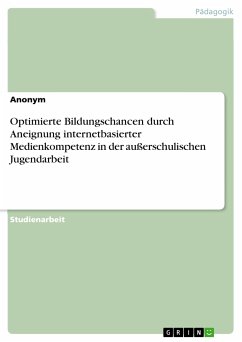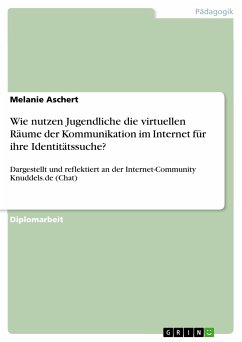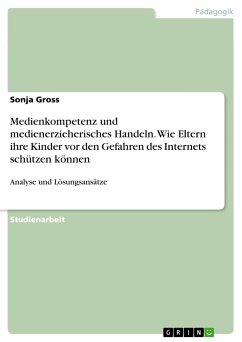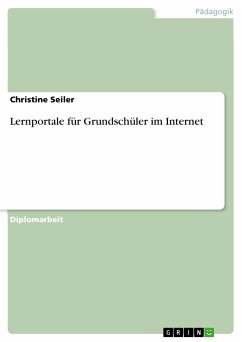Presentation (Handout) from the year 2001 in the subject Pedagogy - Media Pedagogy, Pedagogical University of Cracow (Polish Philology), language: English, abstract: In the mid-’60s Marshall McLuhan wrote that: “Due to the spreading of the electrical speed, we no longer have time to wait to see anyone.” (McLuhan 1999:151) Towards the end of the ’90s, a new resident of a detached housing estate in the Silicon Valley neighbourhood, inhabited by employees of a large, advanced technology corporation invites his neighbours to a barbecue. And he hears in reply :“Why don’t we just exchange emails?” “The e-generation Manifesto” published on the Internet just before the end of the 20th century ends in the following words: “It does not matter who we are, what we look like, where we come from — what matters is only what we think and what we have to say” (Manifest 2000). The emergence and rapid growth of the Internet is equally a technological, political, economical, and a social issue: an IT specialist, a political scientist, or a trade and advertising expert are equally knowledgeable here as scholars: sociologists, anthropologists, psychologists, philosophers and historians of art. This is caused by the fact that the Net creates a new communication environment at the macro- and micro-community level, and in interpersonal relations. Although the Net communication model is a fundamentally new phenomenon, and one which had been practically unknown to people before the end of the ’80s, it emerged in a space occupied by old models, founded on oral culture categories, and later on categories of literate culture, in its manual and typographic versions (Ong 1992), and eventually on message/electronic transmission culture paradigms (McLuhan 1975). Therefore, the Internet is becoming a special “transition field” for different communication models – towards models which are not yet fully recognisable and which philosophers of culture view with great concern now (Lem 2000). Some appreciate the advantages of the Internet as a way to overcome the temporality of communicating in writing, whereas others notice that stripping written messages of their temporal dimension amounts to attacking the traditional, “aristocratic” superiority of that communication form over the “plebeian” direct contact, i.e. oral contact.

